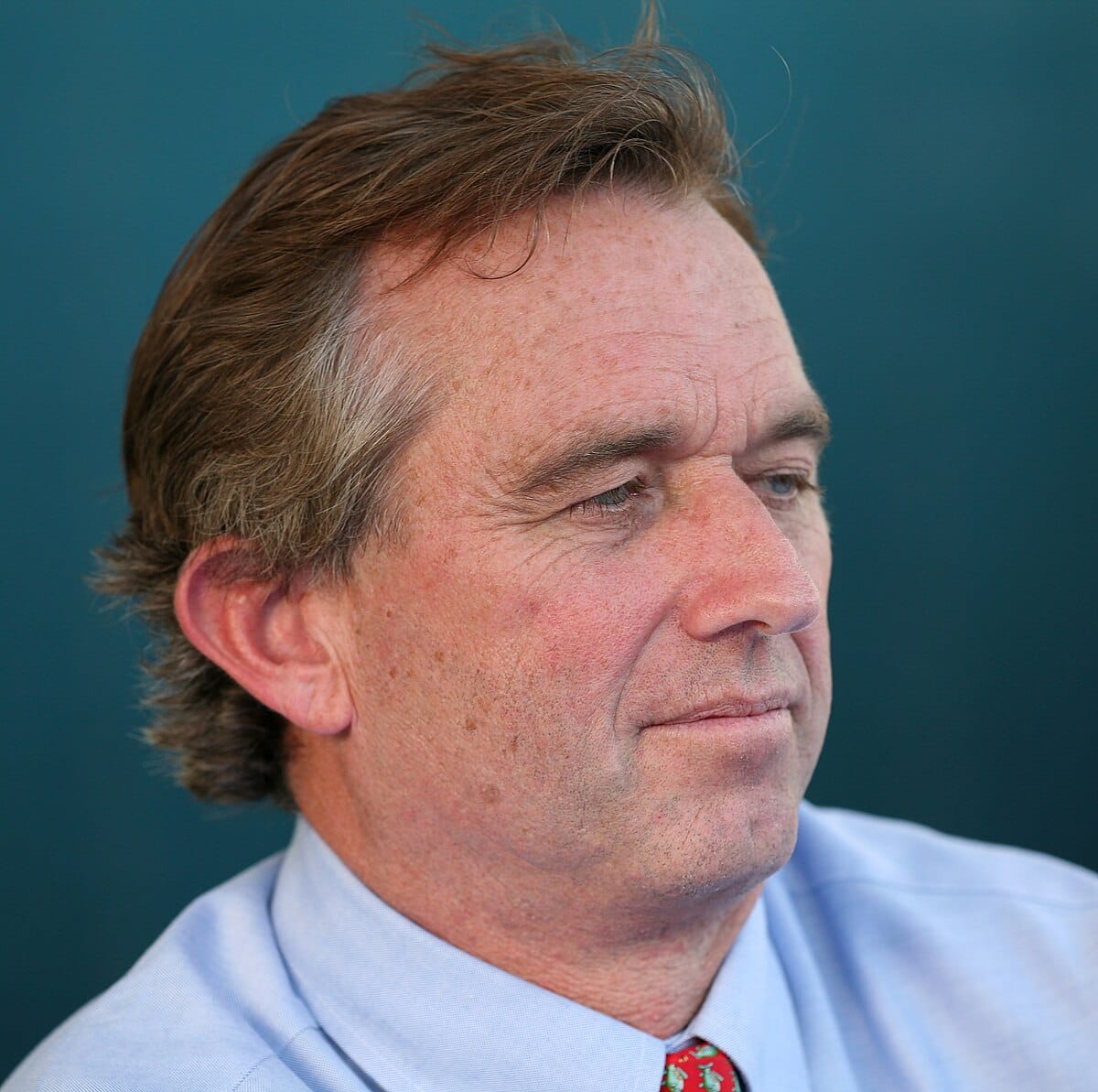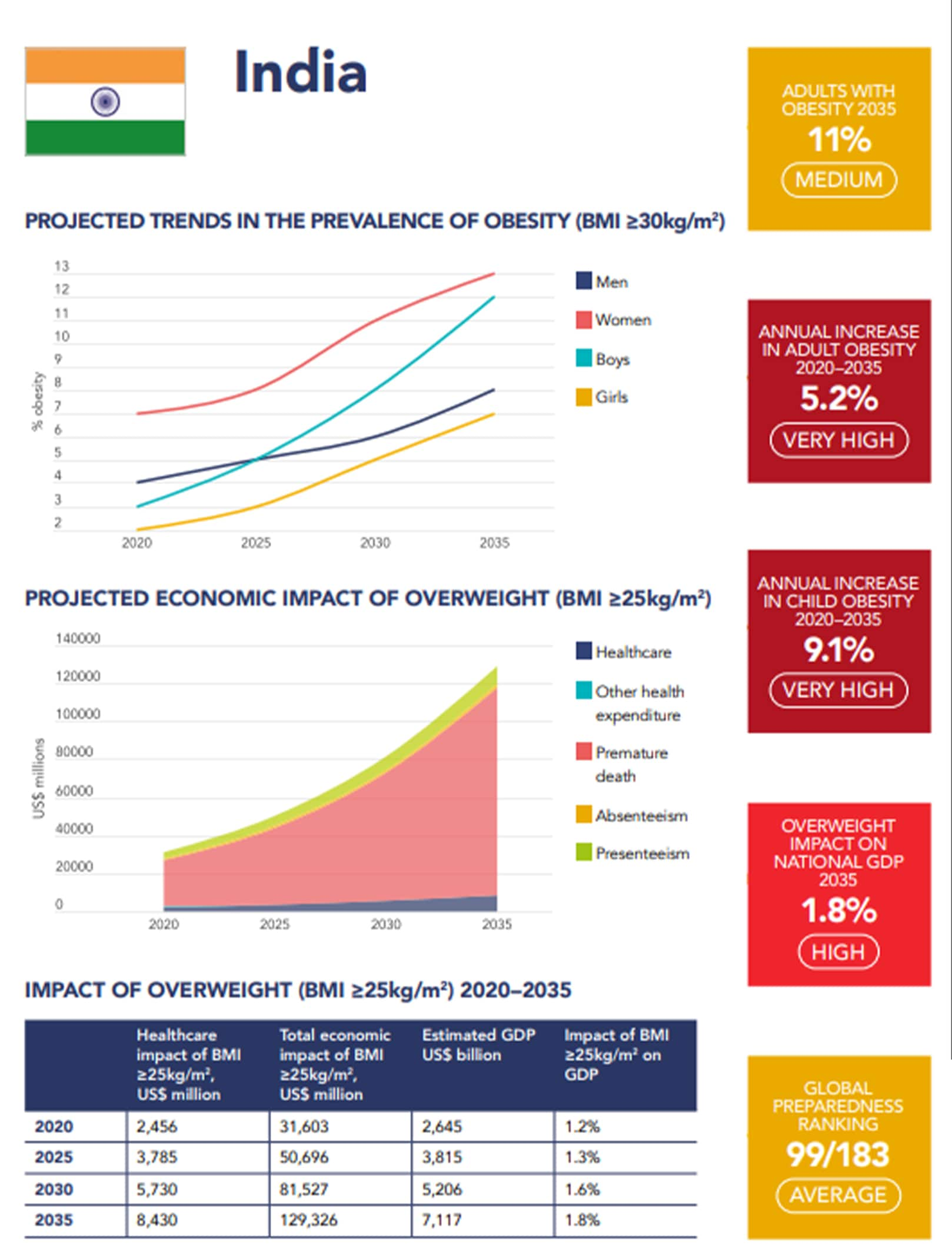Robert F. Kennedy Jr.’s presidential candidacy has sparked a range of reactions within the public health community, a spectrum that stretches from cautious hope to profound apprehension. This multifaceted response stems from a complex interplay of factors, including Kennedy’s family legacy, his outspoken views on vaccination, and his potential influence on public health policy.
Kennedy’s long-standing critique of certain vaccination policies and his vocal skepticism regarding the safety and efficacy of some vaccines have generated considerable controversy. While some public health officials acknowledge the importance of open dialogue and debate on such issues, others express significant concern that Kennedy’s views might fuel vaccine hesitancy and undermine established public health measures. The potential impact on vaccination rates, particularly during a time when vaccine-preventable diseases remain a public health concern, is a primary source of anxiety.
Conversely, some within the public health community express a degree of cautious optimism. They suggest that Kennedy’s candidacy might bring certain health issues to the forefront of public discourse, potentially leading to increased awareness and a more robust discussion of critical health policies. This perspective acknowledges the potential benefits of a broader conversation about healthcare access, environmental health, and the role of government in public health. However, this optimism is tempered by the understanding that this increased attention could be overshadowed by the propagation of misinformation.
The tension is further complicated by Kennedy’s political platform. While some of his policy proposals align with the goals of public health, others are viewed with skepticism. For example, his focus on environmental health and the potential impact of pollution on human health resonates with many public health officials. However, his stance on certain vaccine policies raises concerns about the potential consequences for public health initiatives.
The situation is not simply a matter of agreement or disagreement on specific policies; it involves a deeper consideration of the influence of prominent figures on public perception of health issues. Public trust in public health institutions is crucial for effective disease prevention and control. Concerns exist that Kennedy’s pronouncements could erode that trust, making it more difficult to implement critical public health strategies. Conversely, some argue that his platform presents an opportunity to engage with segments of the population who may be distrustful of established institutions.
The diversity of opinions within the public health community underscores the complexity of the situation. There is no single, unified response to Kennedy’s candidacy. Instead, there’s a wide range of perspectives, reflecting the nuanced nature of public health challenges and the multifaceted roles of political figures in shaping public health policy. The coming months will likely provide further insight into the implications of Kennedy’s candidacy for public health. The ongoing debate will require careful consideration of both the potential benefits and the potential risks associated with his platform and its influence on public health discourse. The ultimate impact remains to be seen, and further analysis is needed to fully assess the long-term consequences. The situation demands a careful and nuanced approach, recognizing the complexities of public health challenges and the significant role of political discourse in shaping public health outcomes.



